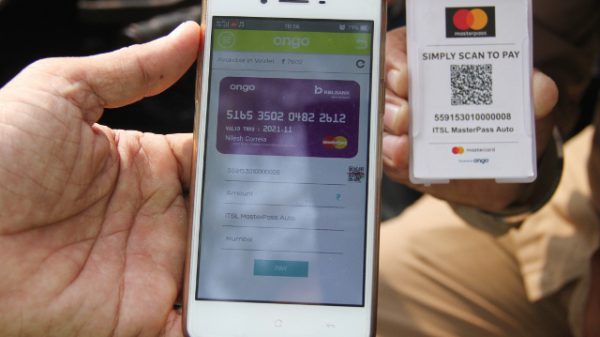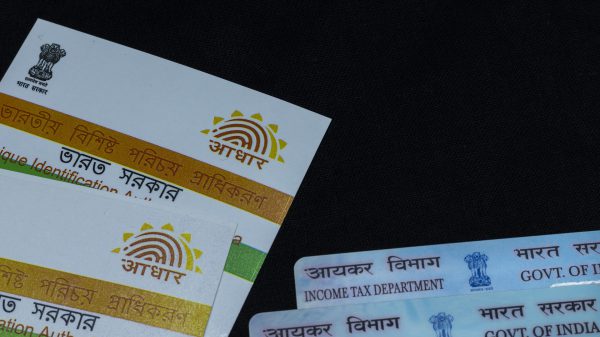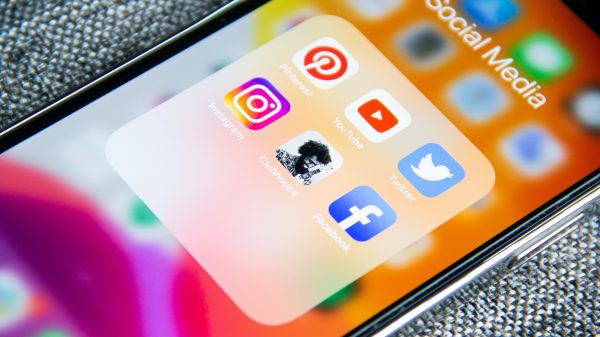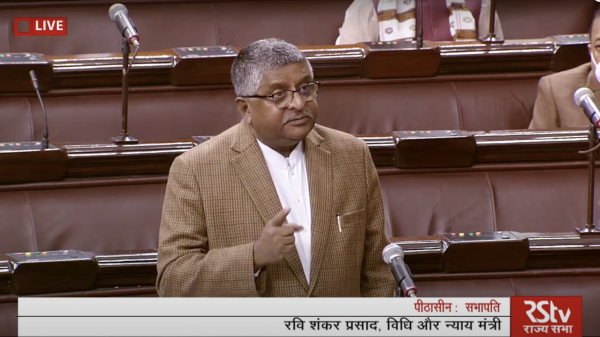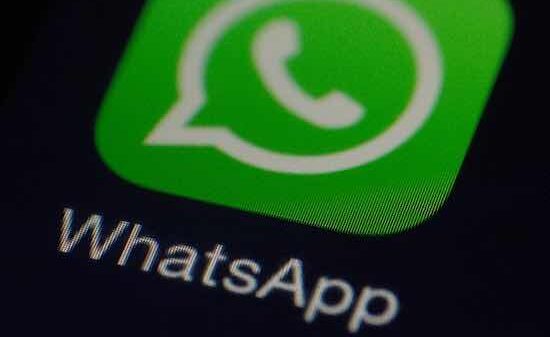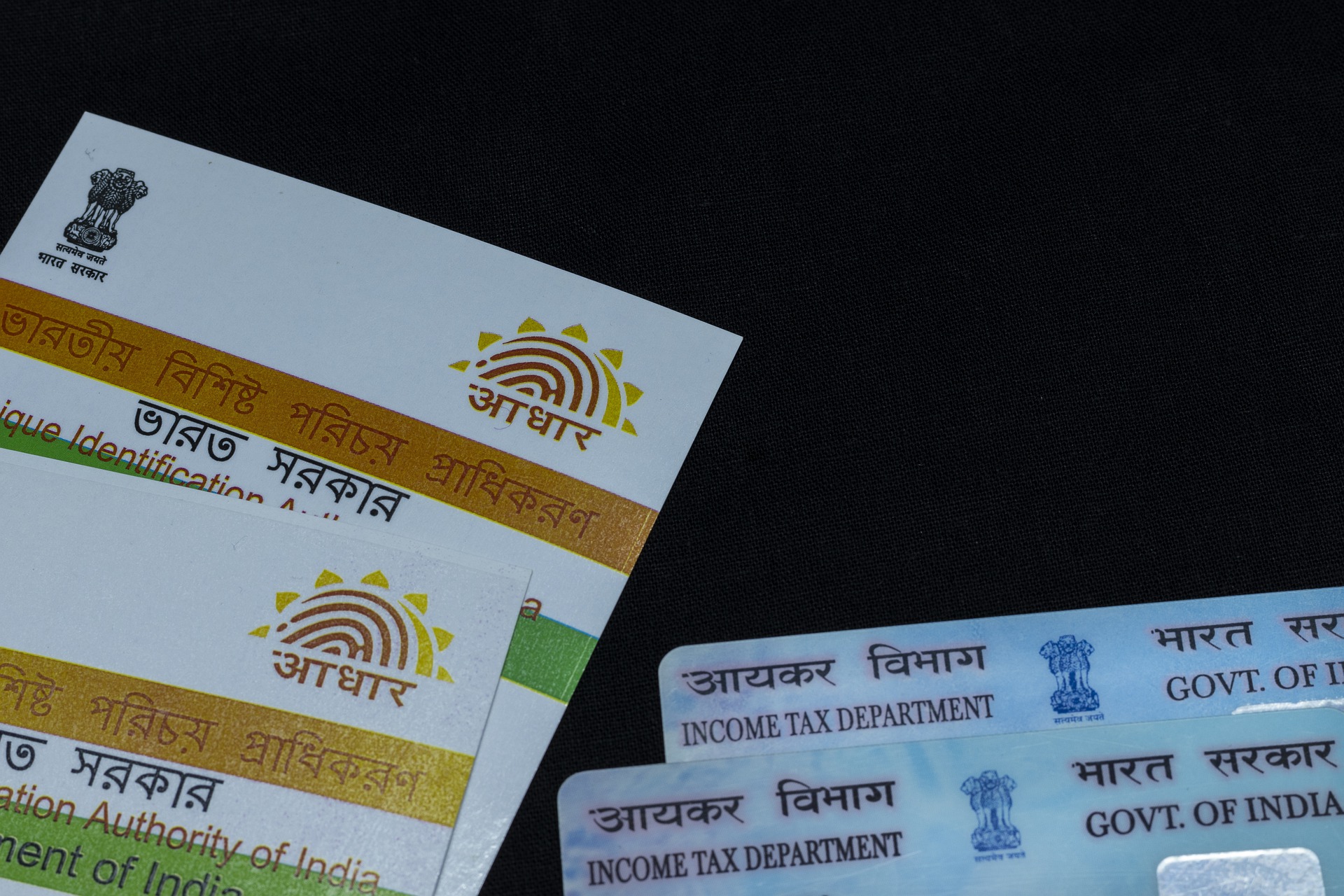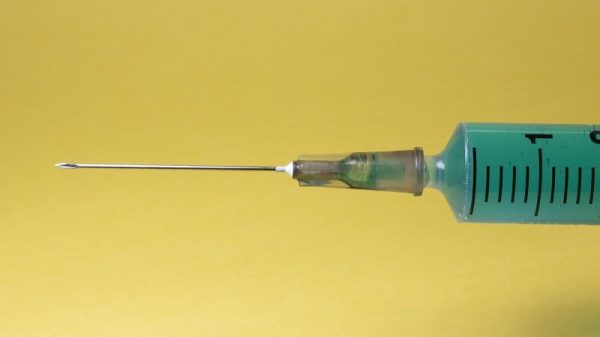Vaccine beneficiaries who registered on the government’s Co-WIN platform by providing their Aadhaar information can no longer have their ID authenticated by just displaying a copy of the ID proof at the vaccination centre, software engineer Anivar Aravind pointed out on Twitter. This translates into a ramp-up of the government’s plan to create a National Health ID for citizens by hitching a ride on India’s vaccine rollout —while the Co-WIN platform authenticates your Aadhaar, the vaccinate results will be issued through a freshly created National Health ID.
The overwhelming majority of vaccine beneficiaries authenticated themselves while receiving their shots by simply displaying a physical ID proof (which could also be Aadhaar before this change).
Physical Document Verification was the most popular identification method before vaccination. Now it is being replaced with mandatory authentication with Aadhaar, if you voluntarily produced Aadhaar for Identification prior to Vaccination. https://t.co/D83KKUx2uY
— 𝗔𝗻𝗶𝘃𝗮𝗿 𝗔𝗿𝗮𝘃𝗶𝗻𝗱 (@anivar) April 13, 2021
Speaking to MediaNama, Aravind said that if a beneficiary has registered on the public-facing part of the Co-WIN portal with a different ID proof, the vaccination centre will be able to do a physical verification of their ID proof without adding an “authentication overhead”, which might slow the process down. However, beneficiaries who registered on Co-WIN with Aadhaar will not be able to just present their Aadhaar — they’ll have to authenticate their ID with a one-time passcode sent to their phone and go through a biometric authentication, facial recognition test, or “demographic authentication,” which involves cross-checking details on an Aadhaar with the UIDAI’s data on the beneficiary.
Health ID shortcut, crowds: This approach could significantly increase the number of people inadvertently signing up for a National Health ID; it is a priority of the central government to make sure that more vaccinations are recorded with Aadhaar. Authenticating oneself during a Co-WIN vaccination leads to the generation of a National Health ID; while on paper this requires informed consent, Aravind pointed out that this is buried in documentation on the Co-WIN portal, and not necessarily informed to beneficiaries at the time of authentication.
Aravind also said that requiring such time-consuming authentication could lead to crowding in vaccination centres — Aadhaar is the preferred mode of identification for many people, and authenticating people who prefer to use it as an ID proof could make the wait for obtaining a vaccine certificate longer.
Also read
- India Piloting Aadhaar-Based Facial Recognition For COVID-19 Vaccinations
- Use Aadhaar To Identify, Track COVID Vaccine Beneficiaries: Health Ministry To States, UTs

